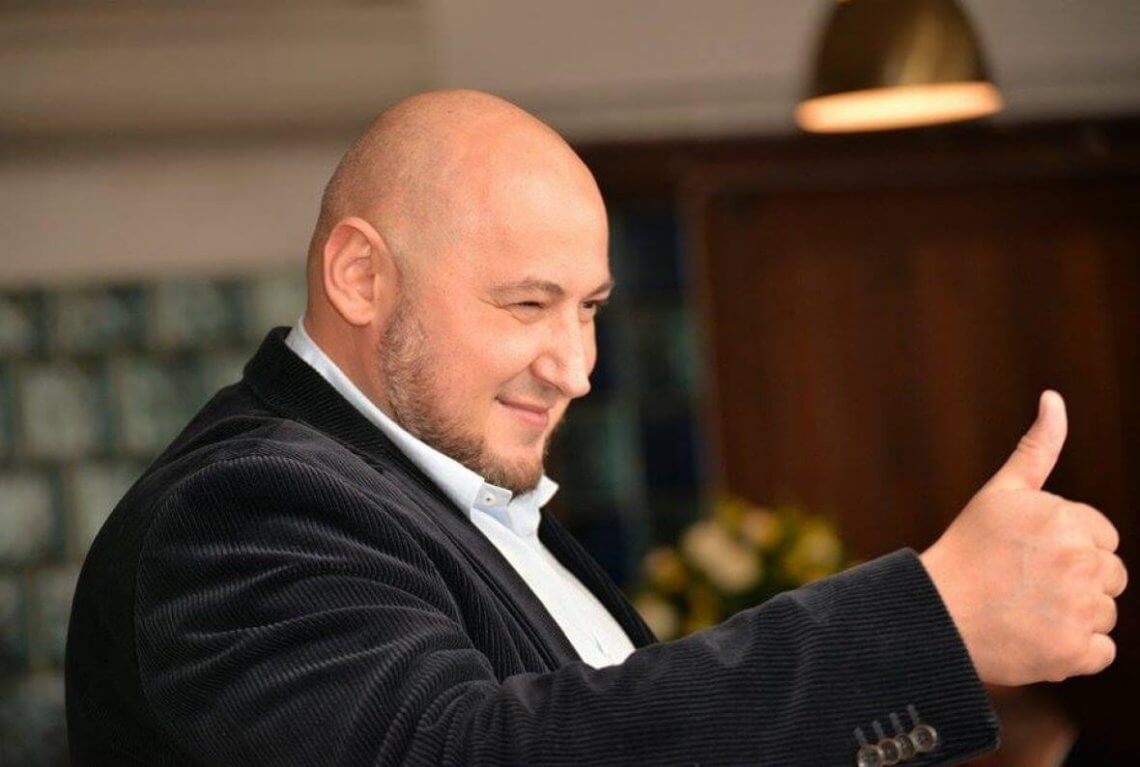Low self-esteem is a unique condition characterized by symptoms from both the depressive and the anxiety spectrum therefore, it requires a creative and comprehensive approach that undermines all these varied symptoms.
If we view ‘self-esteem’ as a sense of self, or set of beliefs or rigid opinions that we have about ourselves, significant others and the world around us, then we understand why CBT brings such an important contribution to the overall understanding and the treatment of low self-esteem. CBT treatment protocols distinguish depression from low self-esteem and the Oxford model, which we will be exploring in this workshop, is by far the most successful treatment programme for low self-esteem.
(more CBT workshops with Daniel Mirea here)
How does low self-esteem affect us?
The problem with thinking we’re no good is that we start to behave as if it’s true. Low self-esteem often changes people’s behaviour in ways that act to confirm the person isn’t able to do things or isn’t very good, according to the cognitive behavioural model for low self-esteem. If you have low self-esteem or confidence, you may hide yourself away from social situations, stop trying new things and avoid things you find challenging. In the short term, avoiding challenging and difficult situations makes you feel a lot safer In the longer term, this avoidance can actually backfire because it reinforces your underlying doubts and fears. It teaches you the unhelpful rule that the only way to cope is by avoiding things.
Living with low self-esteem can harm your mental health, leading to problems such as deeper states of depression and other anxiety disorders (such as eating disorders). You may also develop unhelpful habits, such as over-eating, smoking, or drinking too much, as a way of coping.
The Oxford model for low self-esteem
Melanie Fennell and her colleagues from Oxford University, one of them being Mark Williams (one of the founders of Mindfulness Based Cognitive Therapy), have long established themselves as leaders in the field of CBT for low mood and low-self esteem. The team have developed effective treatment programmes for low self-esteem.
The “Oxford model” of low self-esteem, as well as the latest research will be discussed in some depth on this workshop.
This workshop provides a good introduction to working with mild to moderate depression (not severe depression or major depressive disorder) via the model of low self-esteem.
What this course will do for you:
The training covers a wide range of CBT topics from introductory through to advanced. The combination of lecture, case studies (video/ audio analysis) and role plays significantly develops skills and knowledge of CBT techniques and provides an effective and cost efficient investment in your professional development.
This training will provide a CPD Certificate (6 hours) signed by a senior BABCP accredited psychotherapist and lecturer as well as the principle of the college.
Learning objectives:
A description of ‘low self-esteem’ and a deeper understanding of a term that people commonly use to the extent that it has now become part of our every day vocabulary.
- An in-depth exploration of The Oxford Guide’s description of Low Self Esteem and how that differs from clinical or severe depression – understanding the sphere of competences (in particular for hypnotherapists with no other clinical background)
- Understanding what and how other disorders are associated with low moods and low self-esteem, such as depression or social phobia.
- Assessment and conceptualisation: the vicious circle (or working model) of low self-esteem highlighting factors that maintain this condition, such as social withdrawal, common misinterpretations of social interactions and self-critical thinking.
- You will be able to understand the assessment and the main working models (or vicious cycles) of low moods, low self-esteem and other associated disorders.
- You will understand the self-report measures commonly used with depression and low moods.
- The treatment of low mood and low self-esteem: socialising people to the CBT model, psychological education, modifying and challenging dysfunctional assumptions and self-critical thinking. The creative use of behavioural and social experiments as well as imagery work and hypnosis.
- You will understand how you could integrate different skills used in the treatment of depressive and anxiety disorders. The use of other more recent CBT approaches also know as third wave therapies such as mindfulness and acceptance, imagery, and relaxation.
- How to integrate hypnotherapy and self-hypnosis into the Oxford model.
- Session structure and session planning

About Daniel Mirea
Daniel Mirea is an accredited CBT consultant, senior lecturer, researcher and writer who trained and worked with some of the most recognisable clinicians in the United States and UK over the years (i.e. Donald Meichenbaum, Gilbert P, Corrie S, Padesky C, Young J, Hays S, Linehan M, Emmy van Deurzen, etc.).
He currently writes workshops, doctoral programmes and trains in different cognitive and behavioural approaches.
Book now:
Fee: £145
[tribe_events_list category=”low-self-esteem-workshop”]

